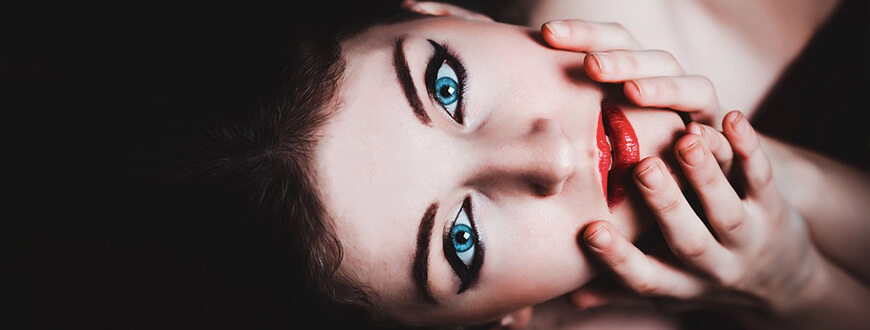Is it possible to de-age your skin?
Our skin is the biggest giveaway of how well we are ageing; when we are younger our skin looks firm, elastic and well-hydrated, all of which stems from the presence of collagen fibres in the skin. Collagen is thought to account for 75 to 80% of our skin, but studies have shown though that collagen levels start to drop from our twenties onwards.
The collagen matrix in the dermis quickly becomes weakened and fragile, losing its capacity to maintain hydration and provide lift and support. Lack of collagen starts to present itself as wrinkles and fine lines, sagging skin and a more marked, dry and dull complexion.
Apart from chronological ageing which affects us all, there are a number of ways that collagen loss can be accelerated in the skin. Here are five threats to our collagen:
1. Sun damage
The sun is probably the chief culprit in the depletion of our collagen levels in the skin, resulting in premature ageing. Sun worshippers – and those that enjoy sunbeds regularly – will typically see deeper wrinkles and more skin laxity and pigmentation problems than those that slather on the SPF. UVA rays penetrate deep into the dermis, damaging collagen fibres and affecting the body’s ability to repair this damage.
2. Smoking
Cigarettes can also speed up your ageing, increasing lines and wrinkles beyond the appearance of smoker’s lines around the mouth. This was evidenced by a recent study that compared identical twins and found that the twin that smoked had much thinner skin, with more severe lines and noticeable folds on the cheeks.
Smoking produces collagen-destroying enzymes that also slows down new collagen production. Nicotine also causes blood vessels to contract, reducing the amount of oxygen-bearing blood the skin receives.
3. Pollution
For years, sun protection has been the big buzzword in beauty, but it looks like scientists are now turning their attention to protecting our complexions from the damage caused by airborne pollution.
Air pollution caused by traffic contains microscopic particles called PMs as well as nitrogen dioxide. PMs have been shown to increase age spots and wrinkles and now a recent study published in the Journal of Investigative Dermatology has found that nitrogen dioxide also increases premature ageing.
These pollutants irritate the skin, increasing inflammation which in turn destroys more collagen than the body is able to produce to repair the damage.
4. Sugar
As well as piling on the pounds, too much sugar can also make you look older. A process called glycation occurs when you indulge your sweet tooth; sugar in the bloodstream attaches itself to proteins to form a new molecule called advanced glycation end products. These AGEs damage collagen fibres, making them brittle and ineffective. It also affects what type of collagen you have. Type III collagen is the most stable, long-lasting form of collagen and glycation transforms type III collagen into type I which is far more fragile.
5. Menopause
As well as chronological ageing, women are also affected by hormonal ageing. Oestrogen plays an important role in the production of collagen and, as levels of oestrogen dramatically plummet during menopause, our skin can appear worse overnight.
Is it possible to replace lost collagen?
As our understanding of ageing develops, more and more aesthetic treatments are embracing the need to stimulate collagen production. One treatment that tackles this head on are Collagen Injections; these directly replenish collagen in the skin and restore the fullness of youth.
LinErase is a collagen powder which stimulates production of collagen-producing fibroblasts. A whole host of ageing changes can then be tackled at the same time, including smoothing wrinkles, lifting the skin, restoring volume and improving overall skin quality.
If you’re interested in what Collagen Injections can do for you, call 020 7244 2247 to book a consultation.


